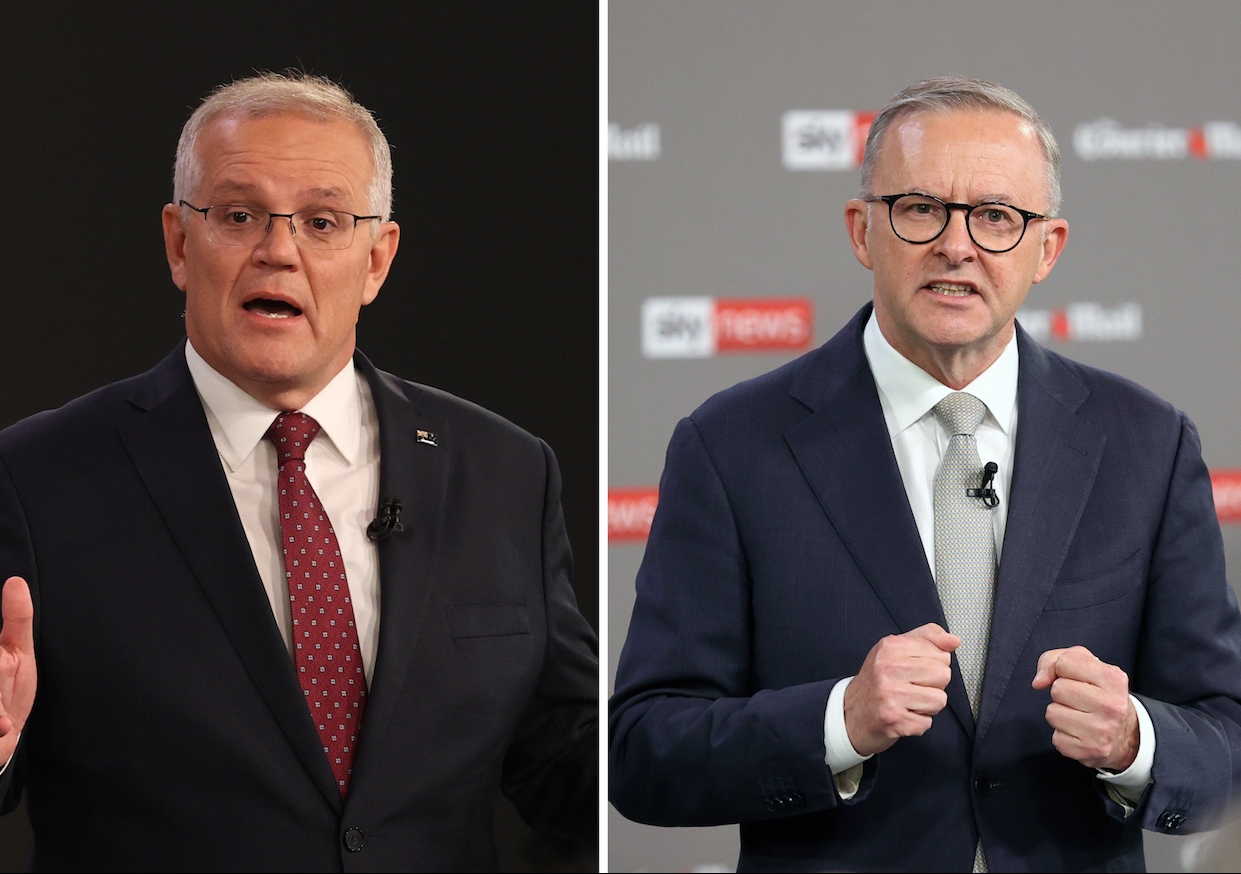How do the major parties rate on an independent anti-corruption commission? We asked 5 experts
Our experts rated the Coalition’s model as either very unsatisfactory or a fail. Most agreed Labor’s proposed model is much better, but said a lot more detail is needed.


